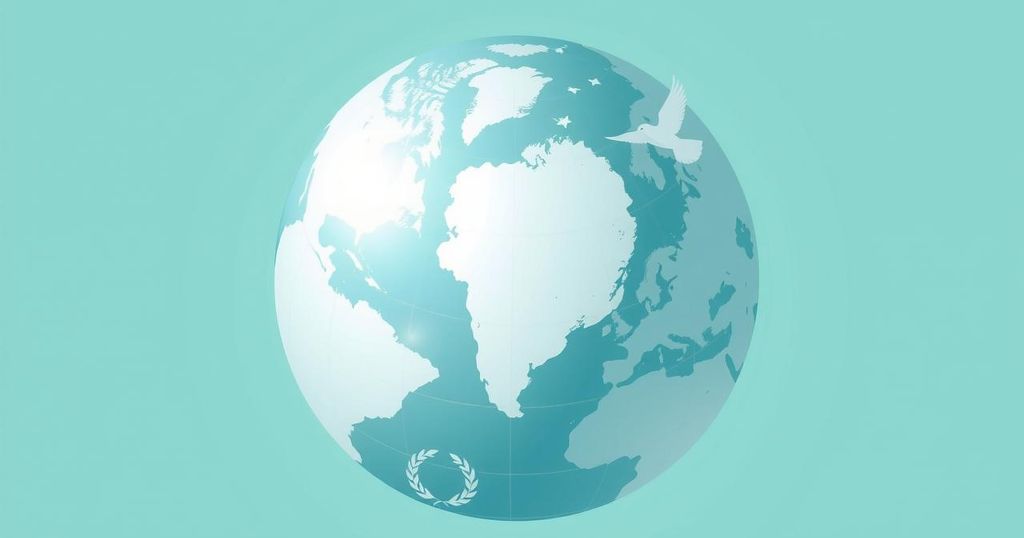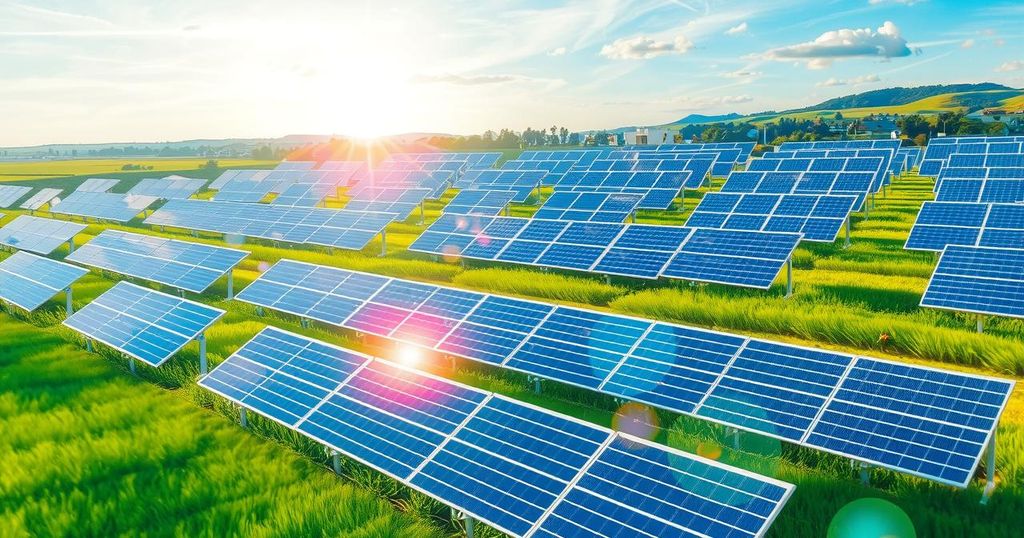Arrest of South Sudan’s First Vice President Fuels Fears of Conflict
Riek Machar, South Sudan’s First Vice President, was arrested on unclear charges, heightening concerns of escalating conflict in the nation. His apprehension follows weeks of political tension and violence, undermining a fragile power-sharing agreement with President Salva Kiir. The United Nations has warned that the country is on the brink of widespread conflict, with international observers increasing their concerns.
On Wednesday, Riek Machar, the First Vice President of South Sudan and a prominent rival of President Salva Kiir, was apprehended on unspecified charges. This arrest is perceived as a significant escalation in a conflict that could potentially reignite the destructive civil war, which has already claimed hundreds of thousands of lives. Machar’s detention occurred at his residence in Juba, where a convoy of 20 armed vehicles forced entry, highlighting the country’s fragile political environment.
The deteriorating power-sharing arrangement between President Kiir and Vice President Machar raises alarms of a reversion to conflict. It is reported that Machar’s bodyguards were disarmed during the arrest and he was presented with an unclear arrest warrant. According to Reath Muoch Tang, head of the foreign relations committee of Machar’s party, there are ongoing efforts to relocate him.
Nicholas Haysom, the head of the United Nations Mission in South Sudan (UNMISS), warned that the situation has brought the nation to the brink of widespread conflict, emphasizing that violations of the existing peace deal would have regional implications. Despite South Sudan’s independence in 2011, instability and poverty persist due to ongoing political tensions.
In the months leading up to Machar’s arrest, President Kiir, now 73, has made moves that many interpret as efforts to marginalize Machar politically. Since February, over twenty of Machar’s allies from the unity government have been detained, often without due process. Recent violent confrontations between their respective forces have been reported, particularly in Nasir County of Upper Nile State.
Machar’s party claims that government forces have attacked military training centers established for unifying the army as per the 2018 peace agreement. The SPLA-IO, Machar’s military faction, has decried these assaults as acts of terrorism and has called for international intervention. Although government forces have made accusations against Machar’s troops, the full scope of the violence remains unverified.
The atmosphere in Juba is tense and many residents are apprehensive about the escalating situation. Some have voiced their fears of a return to war, urging leaders to prioritize dialogue over violence. Kiir had professed his commitment to peace following discussions with church leaders, but unrest continues to spread, particularly from clashes fueled by the White Army militia allied with Machar.
Experts warn that the ongoing refusal of both leaders to engage in dialogue, despite international pressure, signals a potential descent into a chaotic conflict characterized by decentralized violence. The international community is increasingly concerned, with several countries reducing their diplomatic presence in Juba and advising citizens to evacuate.
The recent arrest of Riek Machar, the First Vice President of South Sudan, coupled with the increasing political tensions and violent confrontations, signals a troubling potential for widespread conflict in the nation. The fragile power-sharing arrangement between Machar and President Kiir is unraveling, leading to fears of a recurrence of civil war. The international community’s unease is growing, emphasizing the necessity for dialogue and peace to prevent further escalation in South Sudan.
Original Source: www.france24.com








Post Comment